Dr. Fernando Resende's Research Projects
Contact Us
Jasper Department of Chemical Engineering
RBN 2043
3900 University Blvd.
Tyler, TX 75799
800 UT TYLER
Ph: 903.565.6498
ChemE@uttyler.edu
A brief summary of each
Our research focuses on the production of drop-in fuels and high-value chemicals from lignocellulosic biomass. Our group works with thermochemical processes such as catalytic fast pyrolysis, hydropyrolysis, hydrothermal liquefaction, reactions in supercritical fluids, and the thermo-catalytic conversion of oxygenated molecules into gasoline and jet-fuels. We are particularly interested in the reaction kinetics and catalysis of these processes.
Conversion of kelp into hydrocarbon biofuels
Kelp can be converted into biofuels via a process called hydrothermal liquefaction. The process uses water at high pressure and temperature to decompose the macroalgae into a liquid fuel called bio-crude. We are currently working on the use of catalysts to upgrade the bio-crude into hydrocarbons.
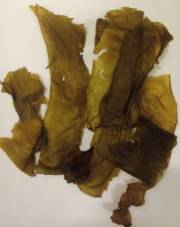
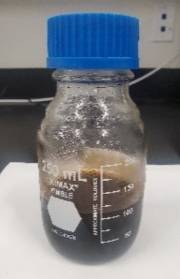
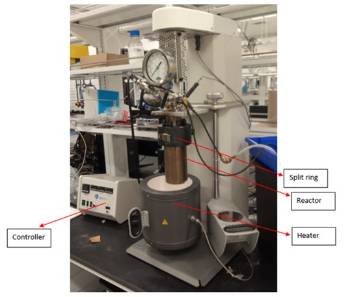
Hydropyrolysis of Biomass
Hydropyrolysis is the thermal process that converts biomass into smaller molecules in the presence of hydrogen at high temperature and pressure. Zeolite catalysts help convert those molecules into BTX products, and depending on the conditions, alkanes. We are currently working on the conversion of beetle-killed trees into hydrocarbon fuels.
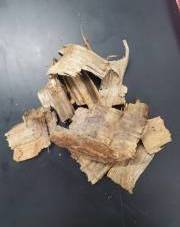
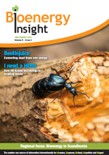
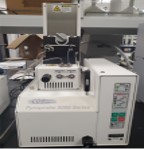
Oligomerization of ethylene:
Ethylene is one of the main building blocks for the chemical industry. The oligomerization of ethylene is a process that converts ethylene into larger molecules (alpha-olefins) that can be used as reactants for the production of a variety of commercially relevant chemicals. We are interested in the heterogeneous oligomerization of ethylene and in the development catalysts and conditions that minimize coke production.


Contact Us
Jasper Department of Chemical Engineering
RBN 2043
3900 University Blvd.
Tyler, TX 75799
800 UT TYLER
Ph: 903.565.6498
ChemE@uttyler.edu